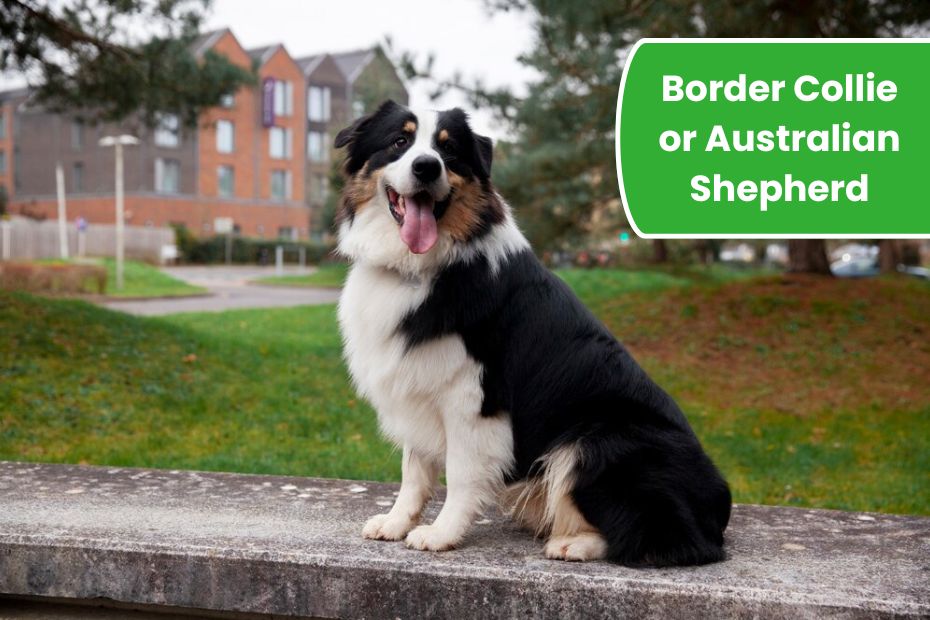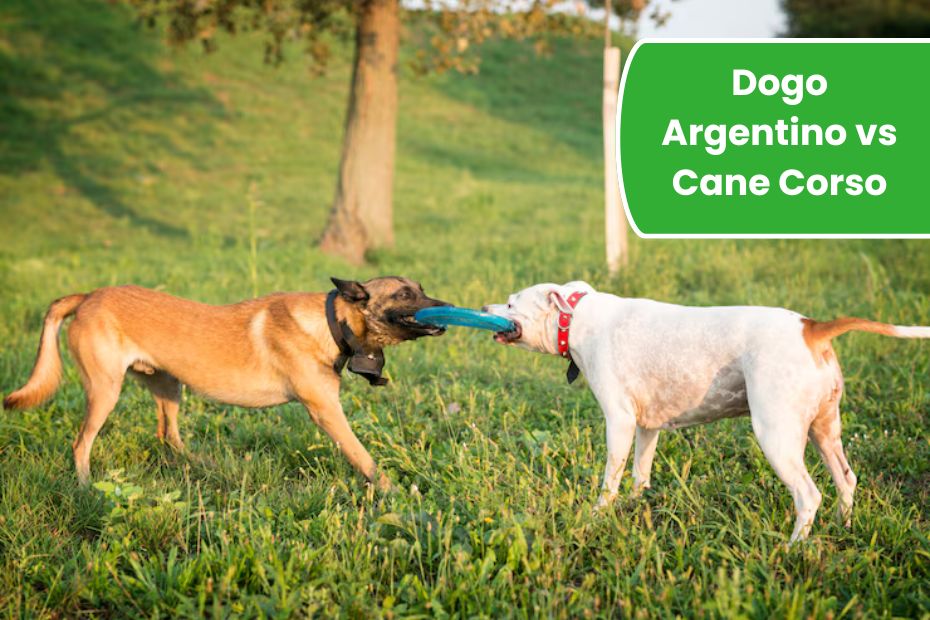Pitbulls are well-known for their muscular, athletic builds, which make them look strong and powerful. Many owners wonder why their Pitbulls are so muscular compared to other dog breeds. This article explains the key reasons behind your Pitbull’s impressive muscle mass, including genetics, exercise, diet, and lifestyle factors. Understanding these will help you care better for your furry friend.
Why Do Pitbulls Have Naturally Muscular Bodies?
Pitbulls are bred from terrier and bulldog ancestors, known for strength and tenacity. This heritage gives them a dense muscle structure. Their bodies are compact but powerful, designed for endurance and agility. The breed’s muscular build is a natural trait rather than an accident, making them stand out among other dog breeds.
How Genetics Influence Your Pitbull’s Muscular Build
Genetics play a major role in your Pitbull’s physique. Pitbulls inherit muscle density and body structure from their lineage. Selective breeding has emphasized traits like strength and stamina. This genetic predisposition means many Pitbulls develop strong muscles even with moderate activity, setting them apart genetically from less muscular breeds.
The Role of Exercise in Developing Pitbull Muscles
Exercise is crucial to maintain and enhance your Pitbull’s muscular build. They require daily physical activities such as running, fetch, and agility training. Regular workouts help build muscle tone and endurance. Without enough exercise, your Pitbull may lose muscle mass and gain fat, so active playtime is essential for muscle maintenance.
Nutrition Tips to Support Your Pitbull’s Muscle Growth
Proper nutrition fuels muscle growth and repair. Pitbulls need a protein-rich diet with balanced fats and carbohydrates. High-quality dog food containing meat protein, vitamins, and minerals supports muscle health. Supplements like omega fatty acids and amino acids can also help maintain strong muscles and overall vitality in your Pitbull.
Lifestyle Factors Affecting Your Pitbull’s Muscularity
Aside from genetics and exercise, factors like age, health, and lifestyle influence muscle condition. Younger Pitbulls tend to have more muscle mass. Proper rest and avoiding obesity are key for muscle preservation. Stress and illness can cause muscle loss. A balanced lifestyle with veterinary care ensures your Pitbull stays muscular and healthy.
Key Factors Influencing Pitbull Muscle Development
| Factor | Impact on Muscle Growth | Tips for Owners |
|---|---|---|
| Genetics | Determines natural muscle density | Know your dog’s lineage |
| Exercise | Builds and maintains muscle tone | Provide daily physical activities |
| Nutrition | Fuels muscle repair and growth | Feed protein-rich balanced diet |
| Age & Health | Muscle mass peaks at prime age, then declines | Regular vet checkups, prevent obesity |
| Lifestyle | Stress & rest affect muscle condition | Ensure balanced rest and mental health |
Maintaining Muscle Health in Your Muscular Pitbull
To keep your Pitbull’s muscles in top shape, consistency is key. Provide balanced exercise, nutritious food, and regular vet visits. Avoid overexertion or sudden changes in activity. Muscle soreness and injuries can affect your dog’s condition, so watch for signs of discomfort. Proper care prolongs their strong and muscular physique.
FAQ’s
Are all Pitbulls naturally muscular?
Most Pitbulls have a muscular build due to genetics, but activity level and diet also affect muscle size.
Can a Pitbull lose muscle if not exercised enough?
Yes, lack of exercise leads to muscle loss and weight gain, so regular physical activity is essential.
What foods help build muscles in Pitbulls?
High-protein dog food with meat, vitamins, and minerals supports muscle growth and repair.


